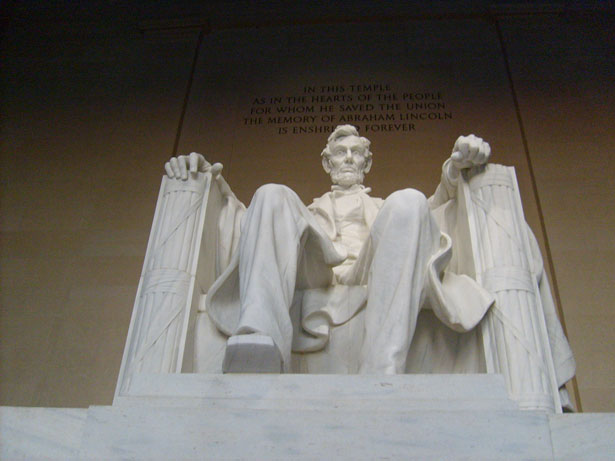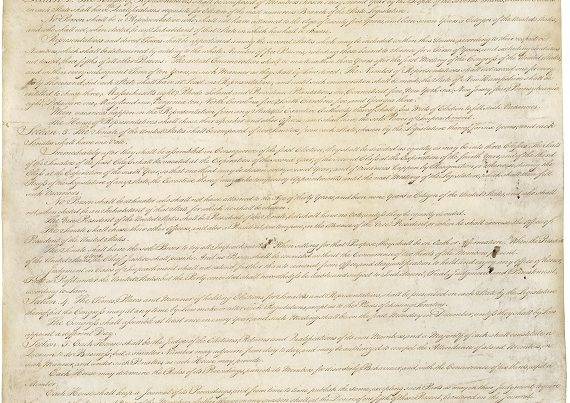A friend of mine is translating a book on Lincoln written by Karl Marx. Her first installment was a refutation by Marx of the European press’s contention that the assault by the North on the South was not about slavery, but about economic and political power. Of course, one cannot divorce the issue of slavery from either consideration but Marx is either wrong or less than honest when he states that the conflict was “all about slavery,” a matter that he saw in the context of the “Workers’ Struggle.”
I will not dispute Marx who, as noted, sees things from a particular viewpoint, but I have seen a great deal of opinion on this issue, opinion based solely upon motive. In other words, the validity of the act depended upon the cause that inspired it. In a debate in my local Roundtable about the constitutionality of secession, one of those who believed it was unconstitutional declared that he had searched diligently for a “smoking gun”—a cause that would have justified the secession of South Carolina and the Cotton States—but could not find one. Now, I disagreed! The ill-treatment of the States and People of the South not to mention the ongoing theft of their wealth by the rest of the nation, was “smoking gun” enough for me! But then, I realized that the entire argument was irrelevant! There was nothing in the Constitution about secession and that is why it cannot be considered un-constitutional! Since the document could not possibly list or make mention of all of those acts legitimate to its signatories—for to do so would have made it a library and not a document—the Framers determined only to define such acts as were not permitted! On the other hand, what does appear referable to secession is found in the ratification documents of three States—Virginia, New York and Rhode Island. In the case of the latter two, all that was required as a necessary motive was “the happiness” of the citizens of New York and Rhode Island! Had my opponent used that criteria, he would have found more than a sufficient number of “smoking guns” for validation purposes!
But the biggest problem is that the gentleman believed not only that a “sufficient motive” was required to validate secession but furthermore, that motive had to be morally and intellectually acceptable by all the States! But this is nonsense! Such a criteria would have nullified the option in the first place! The reason the Lincoln government and the rest of the States of the Union went to war against the South had nothing to do with their motive for secession. Lincoln declared “civil war” on South Carolina and the Cotton States because secession would not be permitted in the new American Nation. That which motivated those eleven states was inconsequential. Secession was the recourse of an earlier time—the time of the Republic of the Founders. An “indissoluble union”—a concept found in the defunct Articles of Confederation but not in the Constitution—was a necessity for the “nation” that Lincoln had defined in the Gettysburg address—a nation that had not heretofore existed! It was this “nation” that Lincoln and his “centrists” required to enable the United States to enter the Age of Empire as an important player on the world stage. The old-fashioned Jeffersonian relics found in the South—liberty, individualism, Christian values and self-government—had to be replaced by total submission to the New England vision of a City on a Hill, a “city” in which there was no place for “regional diversity” or the Constitution.







